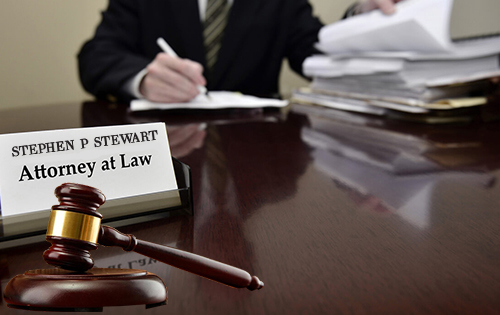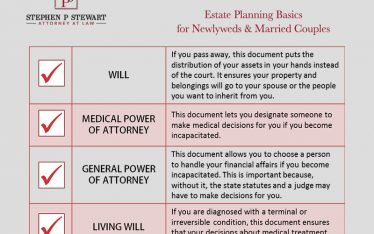FOR IMMEDIATE RELEASE
Stephen Stewart, attorney at law, shares his four-step process for developing a digital estate plan.
Stephen Stewart has practiced tax law and estate planning in North Carolina for over 25 years. One of the issues that he sees time and time again is the lack of digital estate planning which makes wrapping up a deceased estate complicated and difficult. While many people have their wills regularly updated, they often neglect to include their digital estate in the process. Stephen Stewart has seen first-hand, the dangers of this and suggests four steps to take to ensure that one’s digital affairs are in order.
1. Make a List of Digital Properties and Access Details
To get started, make a list of digital assets and how to access them including social media accounts, bank accounts and any payments that are managed online. To form a complete list, all hardware such as laptops, tablets, cameras, hard drives, and flash drives must be included.
Then make a list of all information that is stored electronically whether online, on a physical device, in the cloud, and listing any other intellectual property that is stored online.
Lastly, list all online accounts including websites and blogs, domain names, online storage, social media and email accounts.
The Digital Executor will need access to these properties, and the simplest way to do this is to save all of your websites and passwords in an online vault such as LastPass or Dashlane. Otherwise, an Excel spreadsheet can also be effective as all hardware and software can be listed.
2. Decide What You Would Like Done with the Properties
Set out clear instructions on how each asset should be handled as the treatment, depending on the nature of the asset, will vary. Some assets may need to be saved and archived, others deleted, and others should be passed on to friends and family or business partners.
If assets generate revenue, it will be important to consider who they should be transferred to. If you own or manage an online store, should inventory be sold and the store closed? Or should ownership pass to someone else to continue managing the store?
3. Appoint a Digital Executor and Share Access to Your List

At this point, it is important to decide who will be designated to wrap up the digital estate. It should be someone honest and reliable who can be trusted to carry out the wishes as have been stipulated in Step 2. In many cases, the position of Digital Executor is not legally binding and as such cannot be enforced, but it is nonetheless an important designation as they will be able to work with the Executor to help settle the digital aspects of the estate.
4. Identify Your Digital Executor in Your Will
Give your executor the authority and explicit permission that they need to access your personal accounts. The best way to do this is to name them in the will, and state that they have permission to log in to accounts using passwords and to act on your behalf.
It’s important because logging into another person’s account is a legal grey area. Some popular sites such as Facebook and Google are working to develop a solution that would solve this from a technical perspective.
If you would like some help getting your digital affairs in order, please contact Stephen P Stewart Attorney at Law in Raleigh, NC. Stephen Stewart of counsel with the Raleigh law firm Harris & Hilton and has the requisite skill and qualifications to help clients navigate the often murky legal area of digital estate planning.



